- Learning time
- 10 minutes
- First play time
- 40 minutes
Camel Up
Designed by: Stefan Bogen
It’s a camel race! Where camels jump on top of each other to make up ground!
And each player is trying to make the most money by backing a particular camel to win a leg of the race. They can also bet on the overall winner and overall loser.
On your turn in Camel Up you can do one of four things: move a camel, back a camel to win a leg, back a camel to come either first or last at the end of the race proper, or add a desert tile to the racetrack: these are two sided and you can choose the mirage (which will slow camels down) or the oasis side (which speeds them up).
If a camel lands on your desert tile you get a pound, and you also get a pound for moving the camels, which are propelled forward by dice, that get removed one by one from a nifty pyramid on the game board.
It’s supremely easy to learn, very silly, and also surprisingly tense. The way the camels move mean you can rarely rule out even a last-placed straggler to win, and it’s usually impossible to predict who will.
The guru's verdict
-
Take That!
Take That!
Players can try and engineer things their way with the desert cards, but it's not really a game where players are in combat at all.
-
Fidget Factor!
Fidget Factor!
Almost none. You have to keep up to speed on what the other players are doing – especially if they are moving the camels!
-
Brain Burn!
Brain Burn!
Not much. It's about gambling, not working out a complicated optimal move.
-
Again Again!
Again Again!
The randomness is guaranteed by the dice, and it's quite a moreish game.

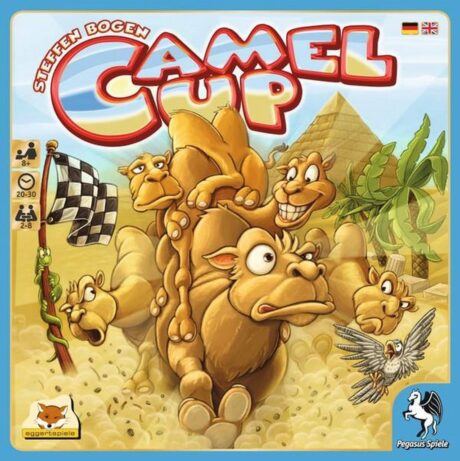
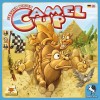
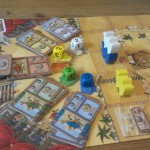
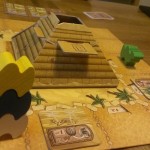
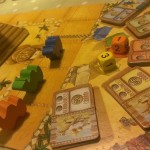
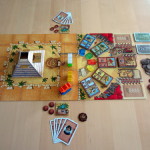
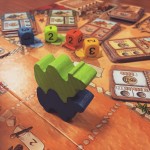
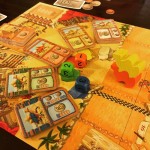
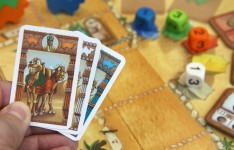
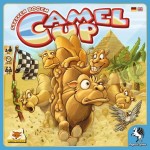


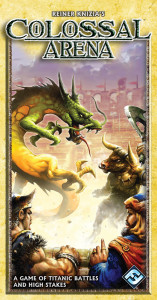


Sam says
Many people love it and I wouldn't want to put any potential fans off. For me it's a bit too random: there's so many variables at times the gambling can feel completely hunch-based rather than strategic - which in fairness does lead to some surprising and funny changes of fortune. I think it plays better with fewer players (3 or 4 ideally).